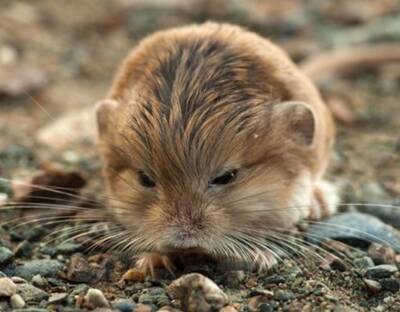
The fat-tailed cardiocraniinae belongs to the subfamily Cardiocraniinae. There are 6 species in the genus Cardiocraniinae, 2 of which are in China. They are widely distributed, but very few in number. Their habitats include Haloxylon ammodendron deserts and abandoned farmland. The ecological researc...
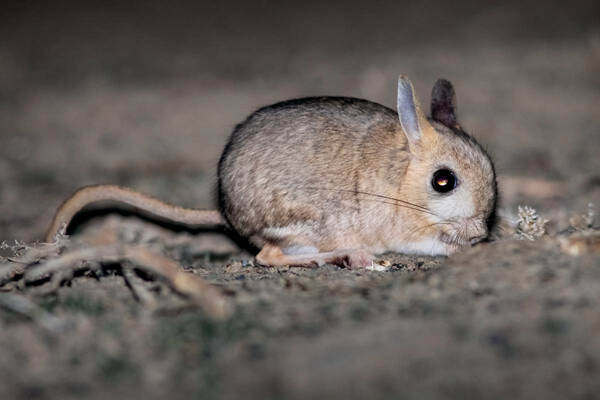
The ground squirrel belongs to the Allactaginae subfamily. There are 3 species in the world, and only 1 in China. The number is relatively rare. It is a desert and semi-desert steppe species. The species status of this species is undisputed, and there are many subspecies. It is still unclear which s...
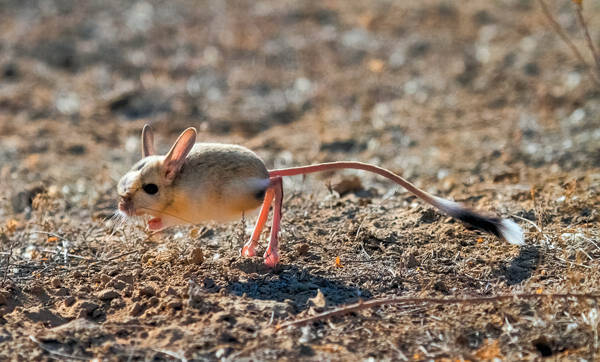
The small five-toed jerboa belongs to the subfamily Allactaginae. Jerboas are distributed in deserts and arid areas in North Africa, Arabia and northern Asia. They are one of the few mammals in this extreme environment. The species-level classification status of the small five-toed jerboa is stable...
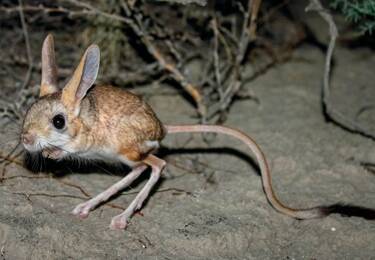
Five-toed jerboas belong to the Allactaginae subfamily. The species-level classification of five-toed jerboas is stable, and the subspecies differentiation is complex. There are more than 10 species, including 5 in my country, including the current Mongolian five-toed jerboas. But whether they are a...
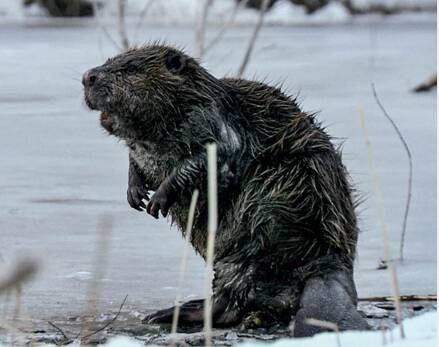
There are only two species of beavers in the world. The other is the American beaver, which is distributed in Canada and Alaska, USA. Beavers are highly adapted to aquatic life and can move underwater for a long time. They have the habit of building dams with branches and trunks and nesting next to...
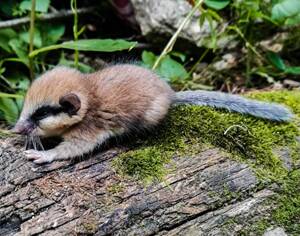
There are 9 genera and 28 species of forest dormouse in the world. They belong to 3 subfamilies. There are 2 genera and 2 species in China, belonging to the forest dormouse subfamily (Leithiinae). Dormouse rodents are a group of very special animals. Most of them are like small squirrels, with soft...
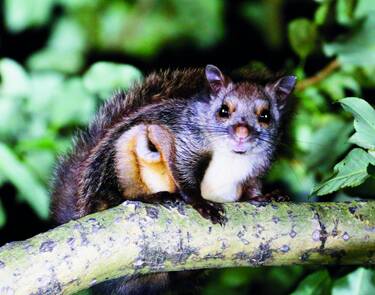
Grooved-toothed flying squirrels like to build nests in tree holes of tall trees. The nests are built in dead tree holes, with the hole openings ranging from 5 to 10 meters from the ground. The hole openings are small, about 10 cm, and the hole depth is about 50 cm. The nests are made of birch bark...
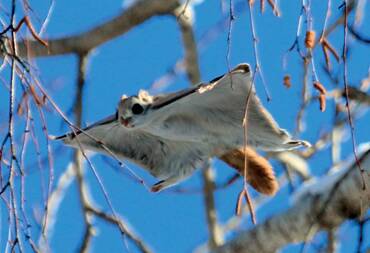
Flying squirrels do not hibernate. They are nocturnal and are active after dusk, but can occasionally be seen during the day. When disturbed during the day, they slowly crawl to the entrance of their caves. Some of them jump out and glide downwards. After landing, they quickly climb up the nearest t...
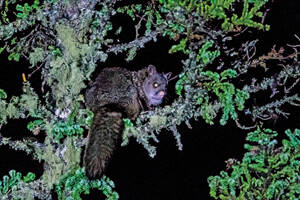
Gray flying squirrels are nocturnal and active at dawn and dusk. They live in subalpine coniferous forests or mixed coniferous and broad-leaved forests at an altitude of about 3,000 meters. They have strong gliding ability and usually build nests in tree holes of tall trees or rock holes higher than...
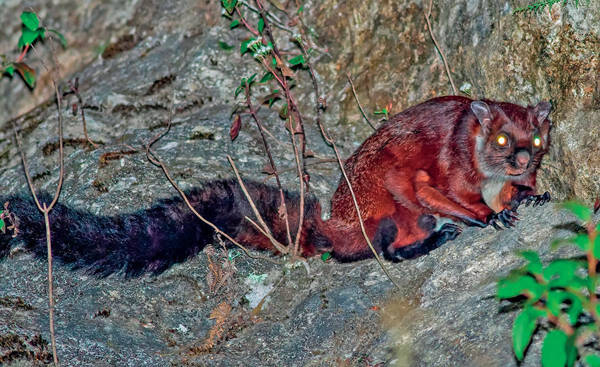
The chestnut-backed flying squirrel is a species of Chinese flying squirrel. The chestnut-backed flying squirrel, also known as the red-backed flying squirrel or the brown-footed flying squirrel, is a rare wild animal with important economic and scientific research value announced by the state in 20...
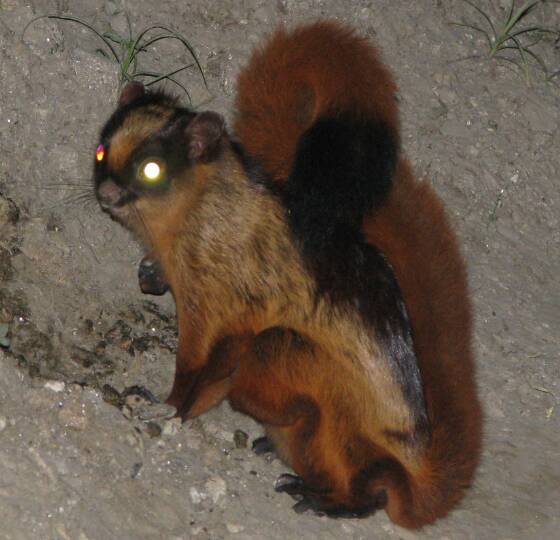
The chestnut brown flying squirrel mainly lives in the mountain evergreen broad-leaved forest belt below 2500m above sea level, where the vegetation consists of Castanopsis, Carle, Oak and other tree species; the climate of its habitat is warm, and the frost-free period is generally more than 200 da...
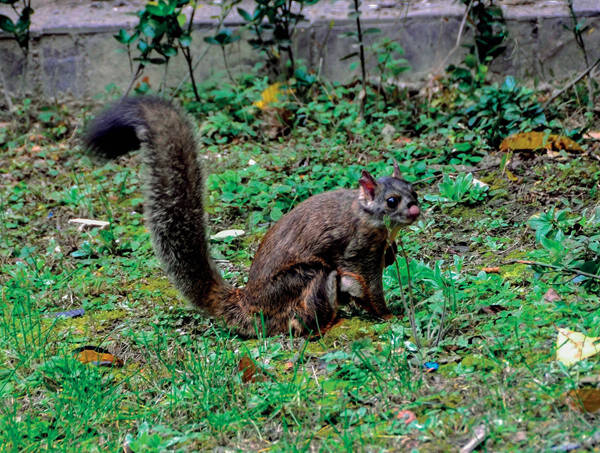
The gray-headed flying squirrel is medium-sized, arboreal, and usually moves alone. It is a nocturnal animal, spending most of its time in trees, sleeping in tree holes during the day, and coming out at night to find food. Young leaves, seeds, fruits and flower buds are its favorites. Flying squirre...
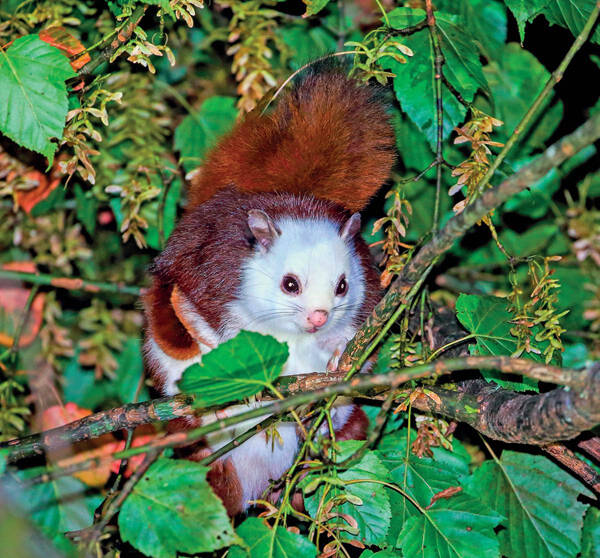
Red and white flying squirrels are large flying squirrels with a body shape very similar to that of squirrels. They live in forest areas on hillsides or in limestone shelters at an altitude of about 1,000 meters, mainly in dense forests of tall trees such as poplars, walnuts, and birches.During the...
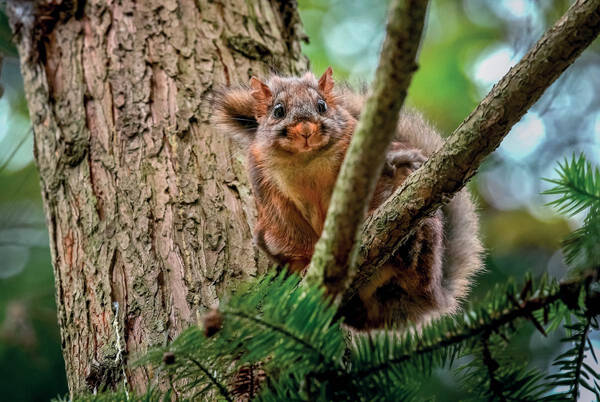
The flying squirrel is a forest animal endemic to China. It is slightly larger than the red-bellied squirrel and lives mostly in mountain cypress forests at an altitude of about 1,200 meters. It often builds nests in steep caves, cracks in rocks, and tree holes. The nests are relatively small and ar...
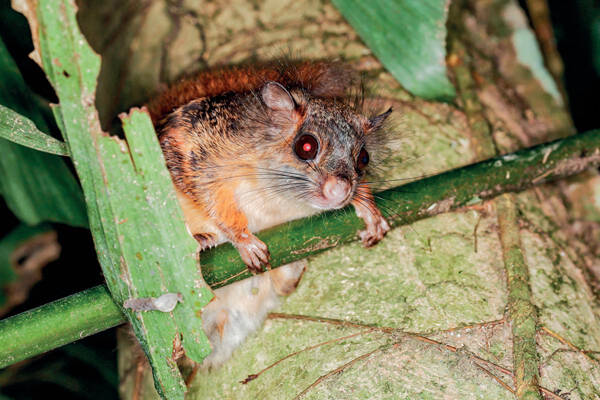
The hairy-eared flying squirrel is a tropical small flying squirrel that usually lives in pairs at night and does not hibernate. It comes out of its hole at dusk to look for food. It mainly feeds on the tender branches, leaves, flower buds and fruits of various plants, such as banyan fruit and mango...
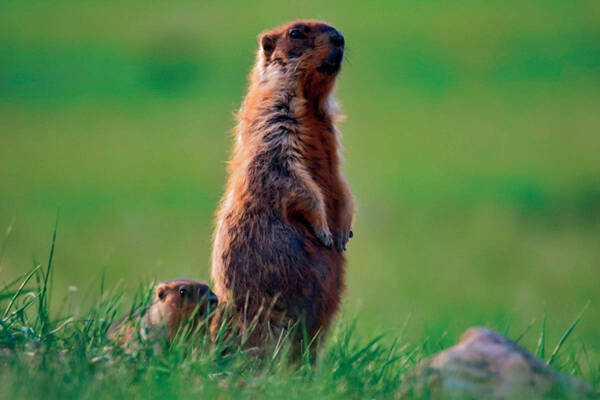
The Mongolian marmot is a rodent, Marmota genus animal. There are two color types, one is brown and the other is yellow-brown; it lives in mountainous areas above 1500m above sea level or hilly grassland areas above 600m, avoiding deserts, but occasionally seen in the marginal areas where grasslands...
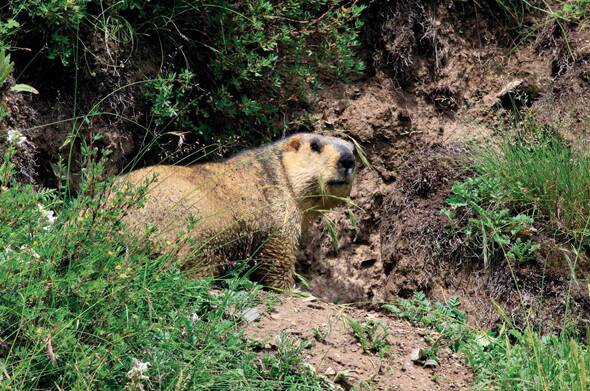
The Himalayan marmot is a large ground-dwelling rodent mammal of the genus Marmot. It widely inhabits the meadow grasslands of the Tibetan Plateau and alpine grasslands at 1500-4500m. Their numbers do not vary significantly depending on the different vegetation communities on the meadow grasslands....
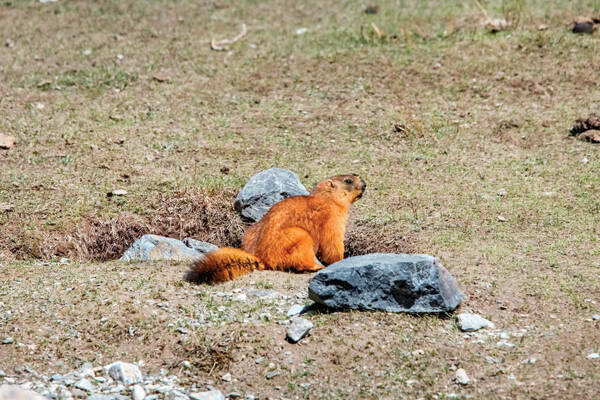
The long-tailed marmot is a large terrestrial rodent of the Sciuridae family and the genus Marmota. It is slightly smaller than the gray marmot, and has the longest tail among all species of the genus Marmota, averaging about 38% or half of the body length. The fur is long and fluffy, rough and less...
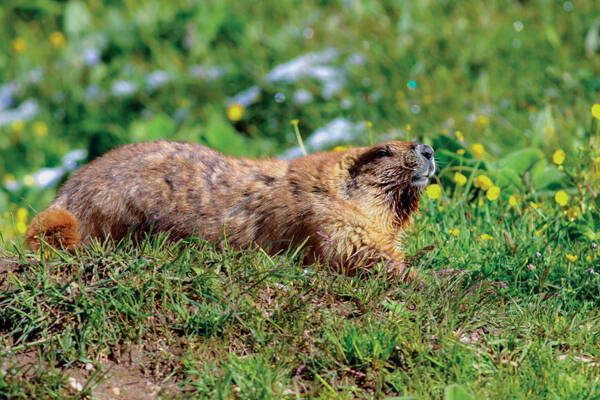
The gray marmot (scientific name: Marmota baibacina), also known as the Tianshan marmot and the Altai marmot, is a large terrestrial rodent mammal belonging to the order Rodentia, the family Sciuridae, and the genus Marmota. The gray marmot is a typical grassland rodent, mainly inhabiting places wit...
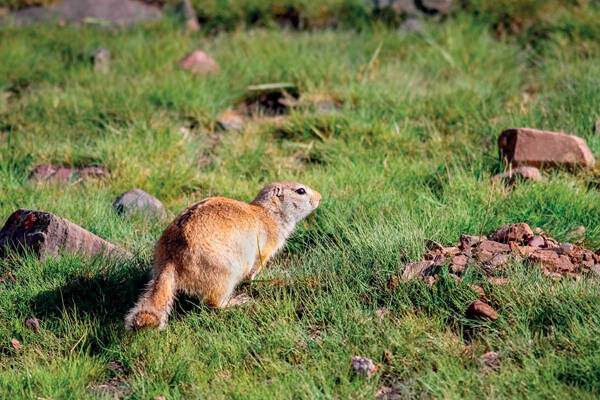
The Tianshan yellow squirrel is of medium size and has a long tail. It mainly inhabits the gentle slopes of the hills in front of the mountains, small basins between mountains, and relatively dry areas on both sides of the river valley in the mountain grasslands at an altitude of 1000-1500 meters. O...